Everyday Heroes: The Malaysians Who Show Up in Times of Crisis
In the wake of any disaster there is a critical window where action matters most. Not mere token gestures or headline fodder, but in the efficient mobilisation of resources to those who have been cut off, left waiting or made vulnerable overnight.
For Iltizam Relief Society (Iltizam), this work begins not with charity, but with clarity: what do people truly need—and how fast can we get it to them?
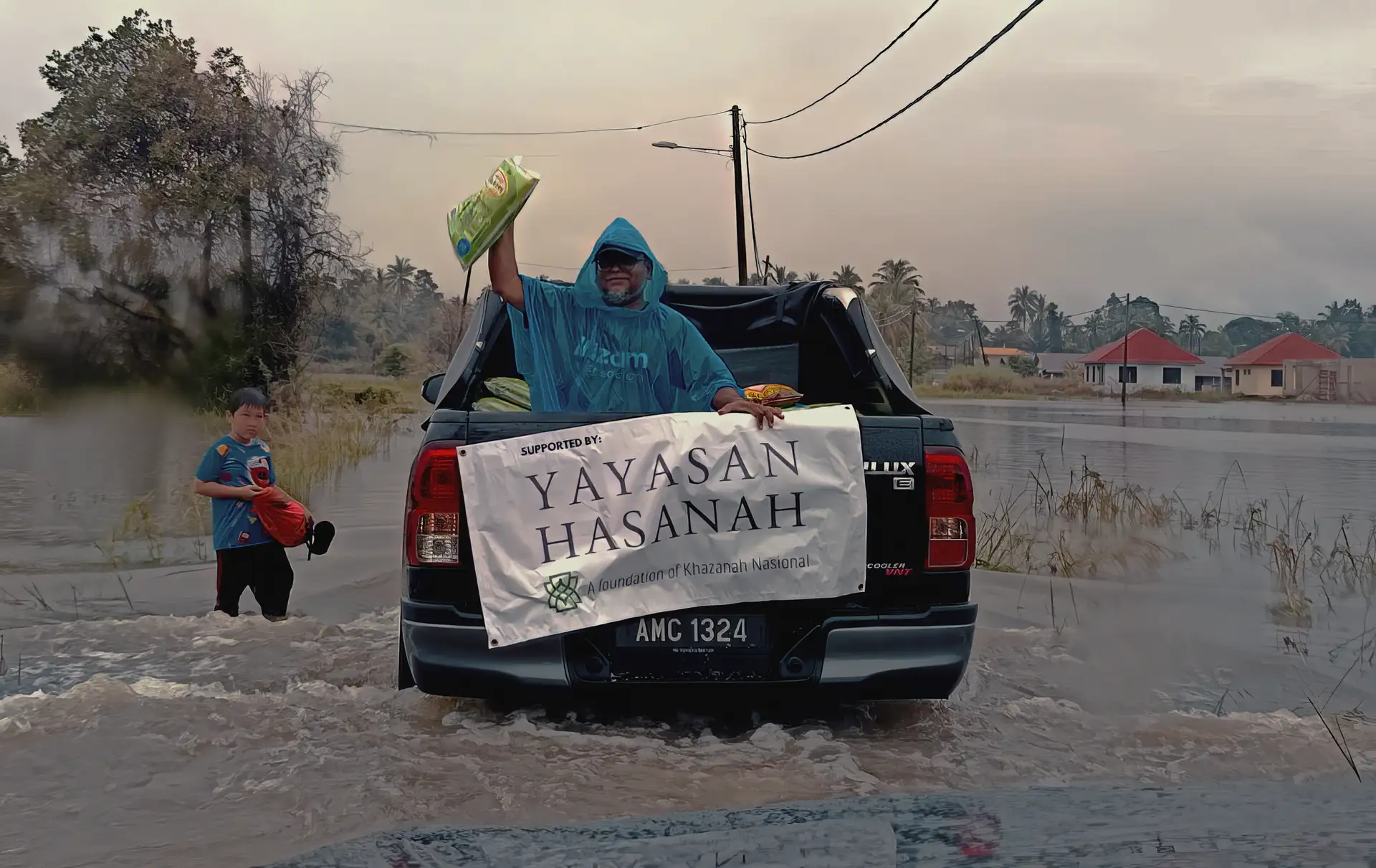
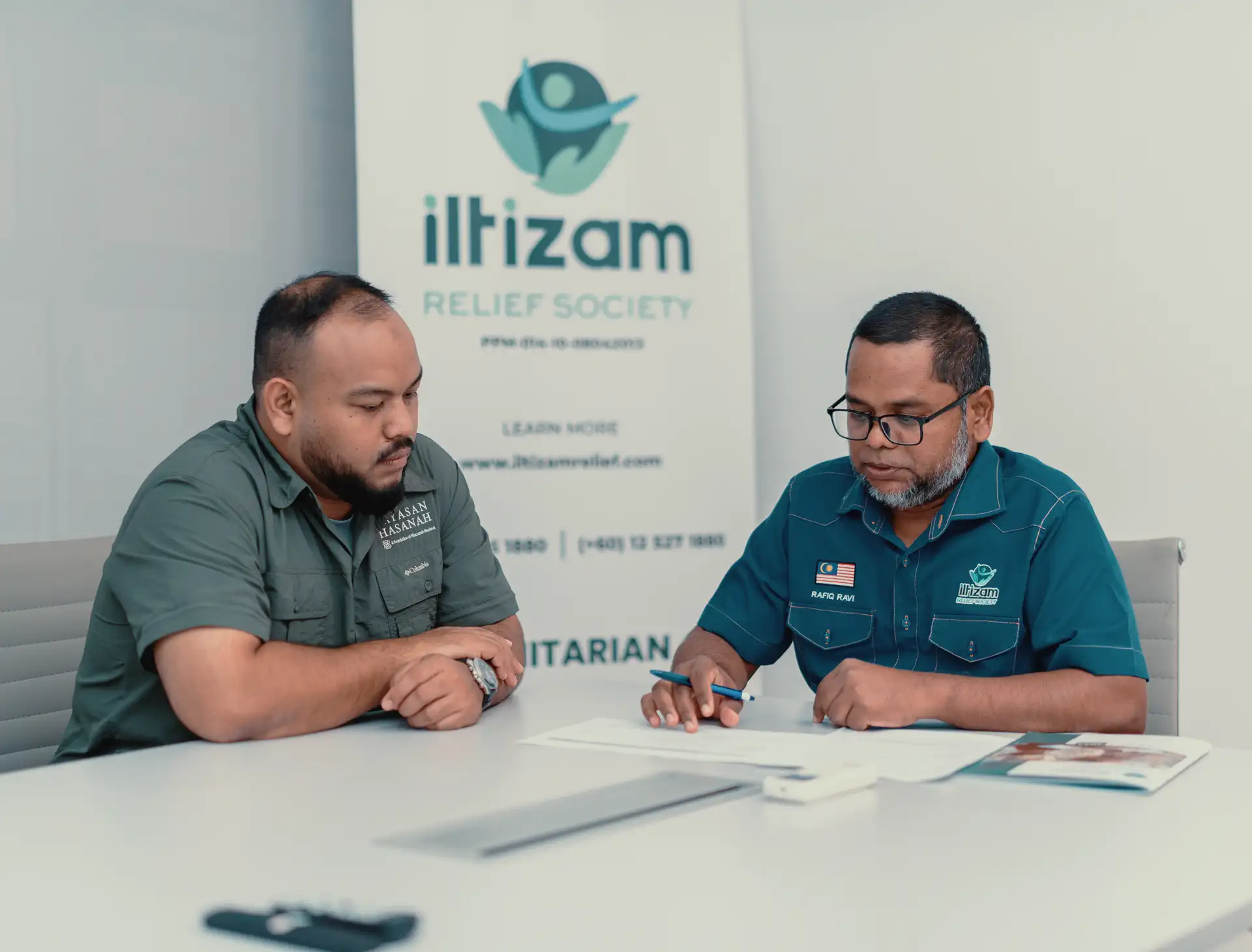
Iltizam’s purpose was shaped not in boardrooms, but on the ground — from a conviction sparked on the riverbanks of Gaza, and tested in the floodplains of Kelantan and beyond.
“My journey with Iltizam is a surprise to everybody, myself included,” says its founder and CEO, Haji Mohd Shah Sapiei.
Within a month of returning from Palestine, the international NGO operating from Malaysia was born. What began as a personal calling quickly became an organisation built on urgency, trust, and the belief that communities must be central to their own recovery.
To help with crisis response the importance funding cannot be overstated. Being aware that time is always of the essence, Yayasan Hasanah (“Hasanah”) introduced the Green Lane, a review process that expedites applications, approvals and ultimately aid distribution. Iltizam is one such Green Lane partner.
Community Development and Humanitarian Disaster Relief (HDR) Senior Executive, Muhammad Zaki Ahmad Zaini tells us that eligibility requirements include “minimum two years in operation and audited accounts, good financial records and a positive prior working relationship with Hasanah.”
Iltizam ticks all these boxes and since 2020 has acted swiftly across 23 initiatives, valued at RM735,000 with 43,000 individuals assisted during their most precarious moments.
“Previously, HDR was only active during the year-end monsoon season, but in recent years, disaster relief has become a year-round necessity. This means more funds and resources are required, and we appreciate the additional support from the Ministry of Finance through GDRN Bantu,” Zaki explains.
The Captain of His Own Ship
Once a banker facing unemployment after multiple surgeries, Muhammad Rafiq Ravi Abdullah found a lifeline in Iltizam. Today he leads humanitarian efforts not from a distance, but from lived experience. Long before coordinating relief, he was navigating a personal crisis of his own.
His first foray into volunteerism began during his banking years, through the Malaysian Red Crescent Society and Lembaga Zakat Selangor — all experiences that would shape his current role.
“On the third day of MCO, Iltizam’s phones were ringing like hotlines. We were receiving 70 to 80 calls a day and hundreds of messages asking for food, medicine, and hygiene kits,” Rafiq recalls an incident that left a lasting impression on him.
The urgency of humanitarian work truly struck him then. That same period also marked the start of Iltizam’s partnership with Hasanah.
While crowdfunding remains vital for non-profits, Rafiq observes that public donations often pour in only after a crisis has taken place. In disaster response, timing and coordination become just as important as generosity. This is why he hopes to see more proactive funding models, sustained partnerships, and the ability to mobilise resources before the crisis crests.
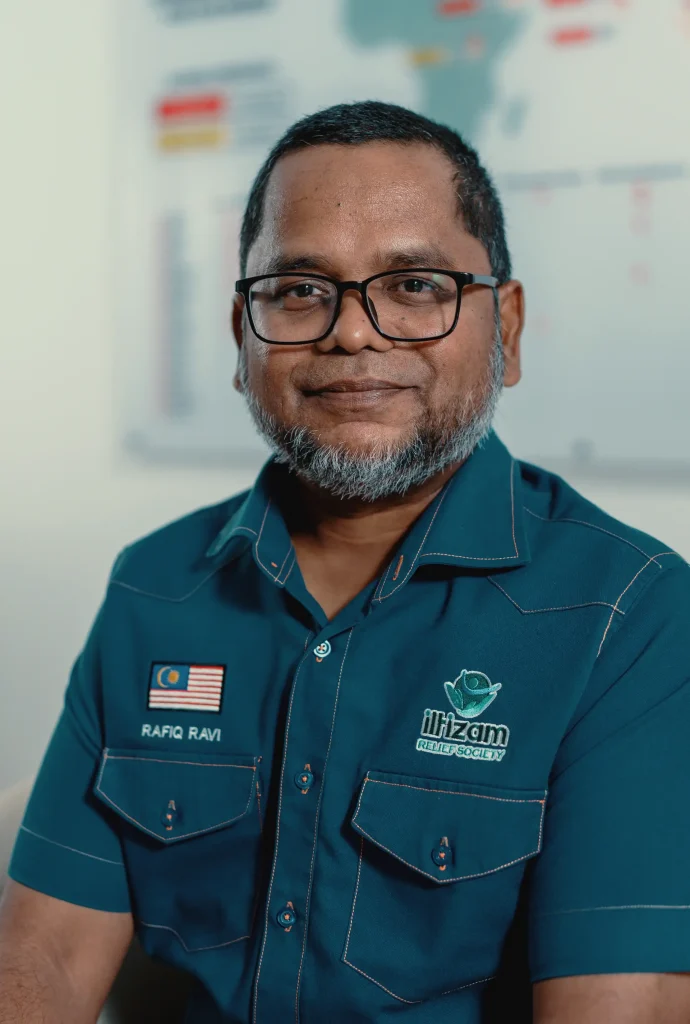
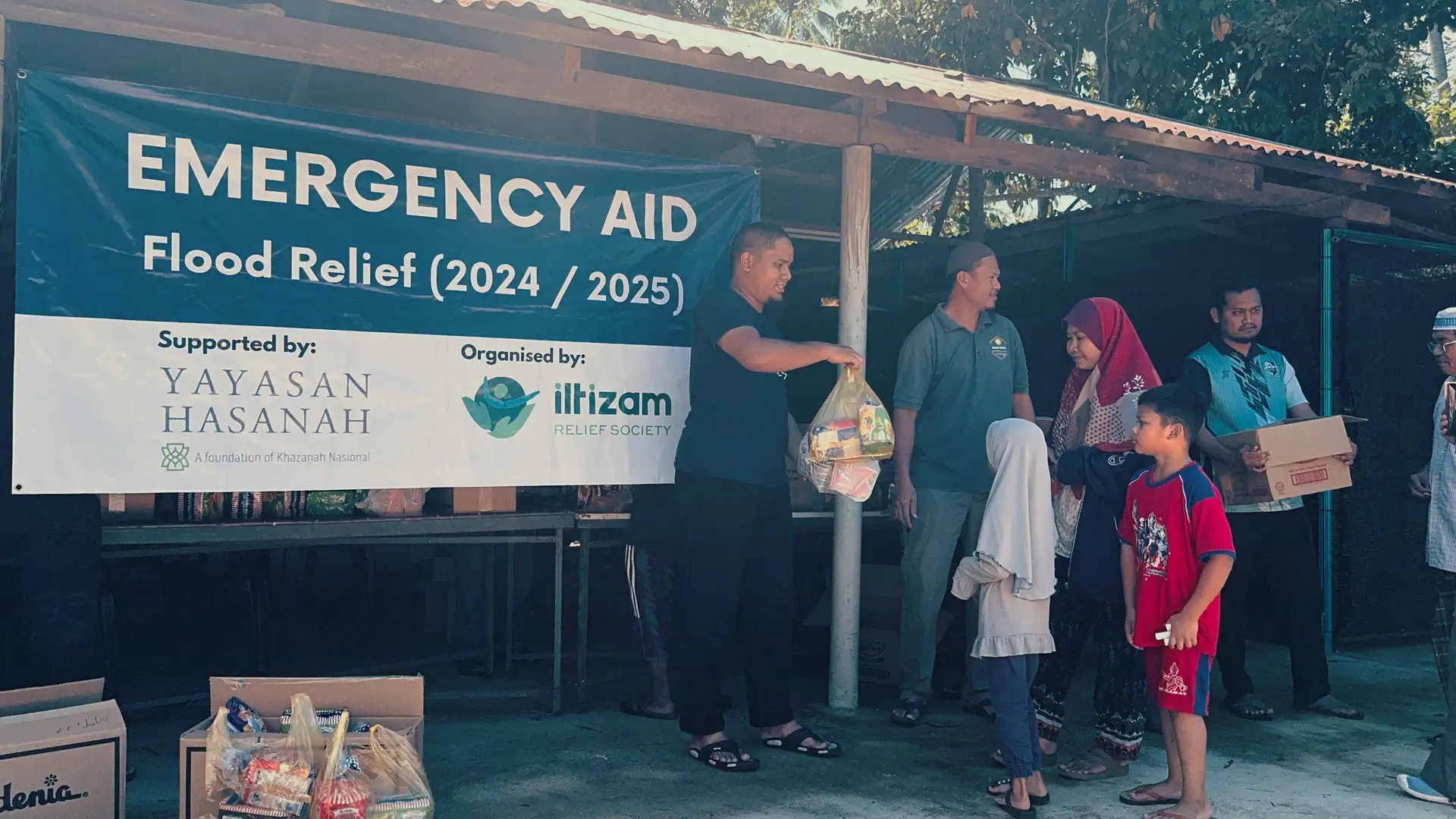
On the third day of MCO, Iltizam’s phones were ringing like hotlines. We were receiving 70 to 80 calls a day and hundreds of messages asking for food, medicine, and hygiene kits.”
Muhammad Rafiq Ravi Abdullah
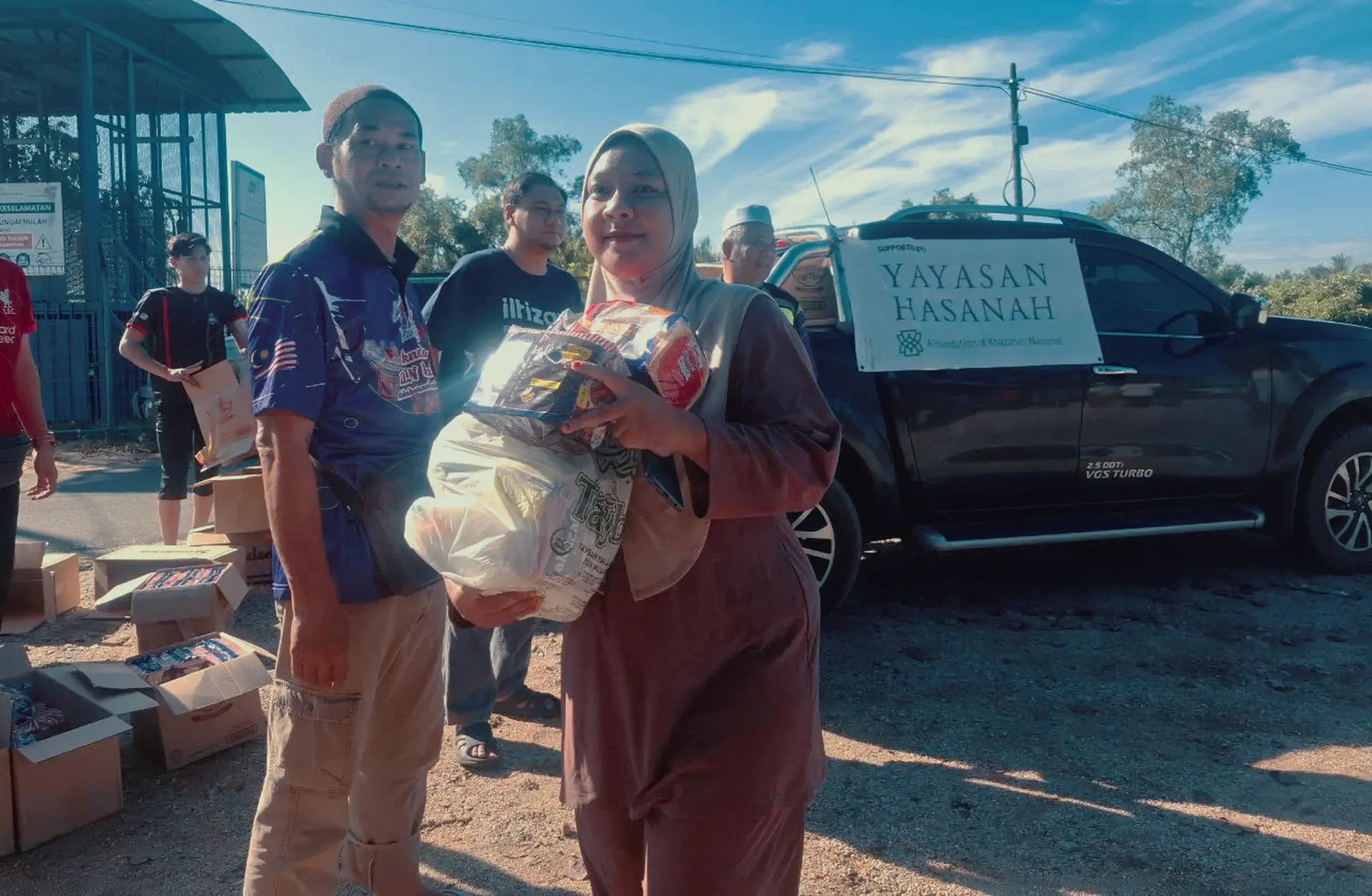
From Silos to Synergy
The year 2024 was particularly devastating for Malaysia, with floods displacing over 140,000 people nationwide. The Department of Statistics Malaysia reported that the country suffered losses totalling RM933.4 million, a 23% increase from the previous year. The highest damages were recorded in living quarters: RM372.2 million, followed by public assets and infrastructure at RM303.4 million.
“If the incident is within the country, we want to be on the ground within three days; overseas, it is ten days. This is the most crucial time people require help,” emphasises Haji Mohd Shah.
One of the team’s most harrowing ordeals came during a flood relief mission in Kelantan, when their boat engine failed mid-river while delivering supplies to stranded communities. “Everybody was so scared! But eventually, we completed our task of bringing food supplies to six islands, which made us very happy,” he recounts. The memory still clear. Episodes like these are a reminder that disaster relief is not the work of lone heroes — it is a current powered by many. From communities raising the first alarm to field teams navigating cut-off areas, and coordinators tracking real-time data, every response depends on others moving in sync.
As Rafiq puts it, “We may not know when a humanitarian crisis may happen, and we must respond as quickly and effectively as possible.” But speed alone is not enough.
True impact demands breaking down silos — between NGOs, funders, government agencies, and the people most affected. When experience is shared, resources diversified, and missions aligned, response becomes more than reaction.
Then collaboration becomes a vessel: steady, capacious, and able to carry the mission across unpredictable terrain. For humanitarian aid and relief organisations such as Iltizam, this translates to preparedness — and a confident readiness to rise when crisis strikes.
As far as emergency response goes, every flood surges with two forces — water, and the will to act.
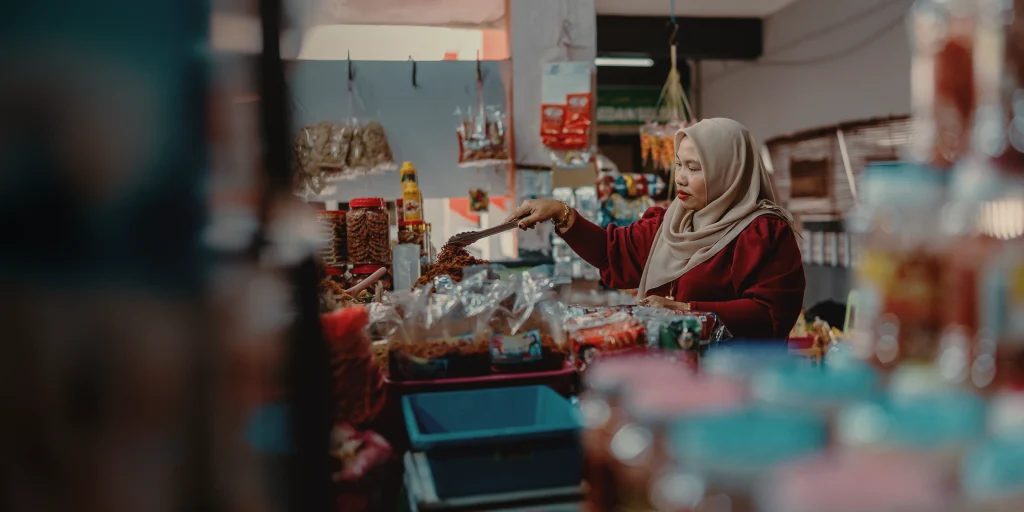
Breaking Tradition: Pasar Besar Siti Khadijah’s Digital Revolution

Weaving a Golden Legacy: The Revival of Telepuk in Terengganu
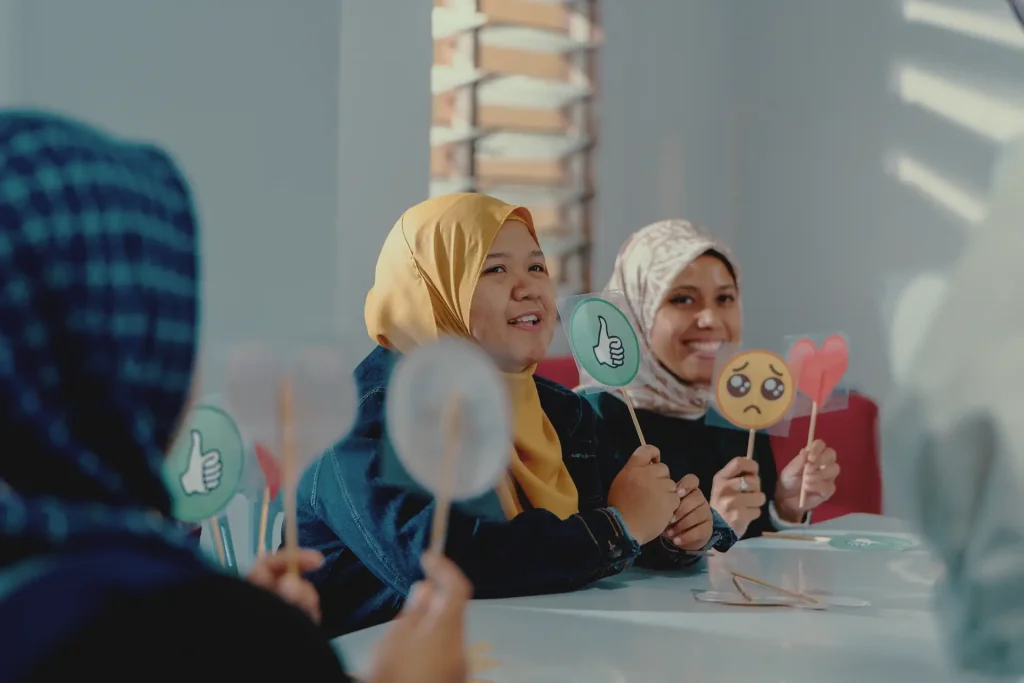
Mental Health Warriors of PPR Batu Muda
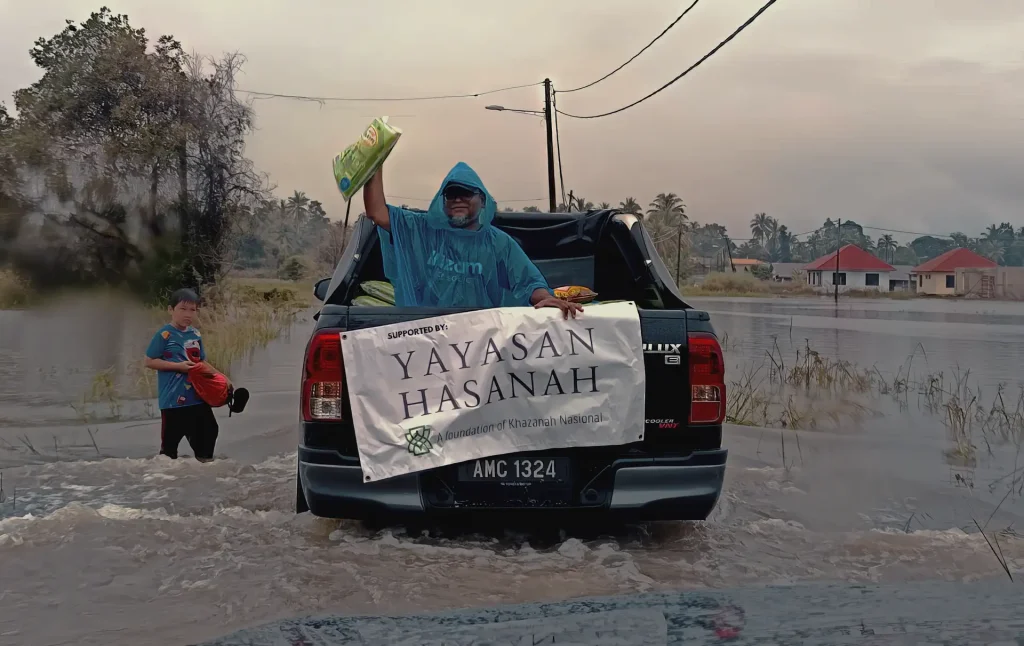
Everyday Heroes: The Malaysians Who Show Up in Times of Crisis
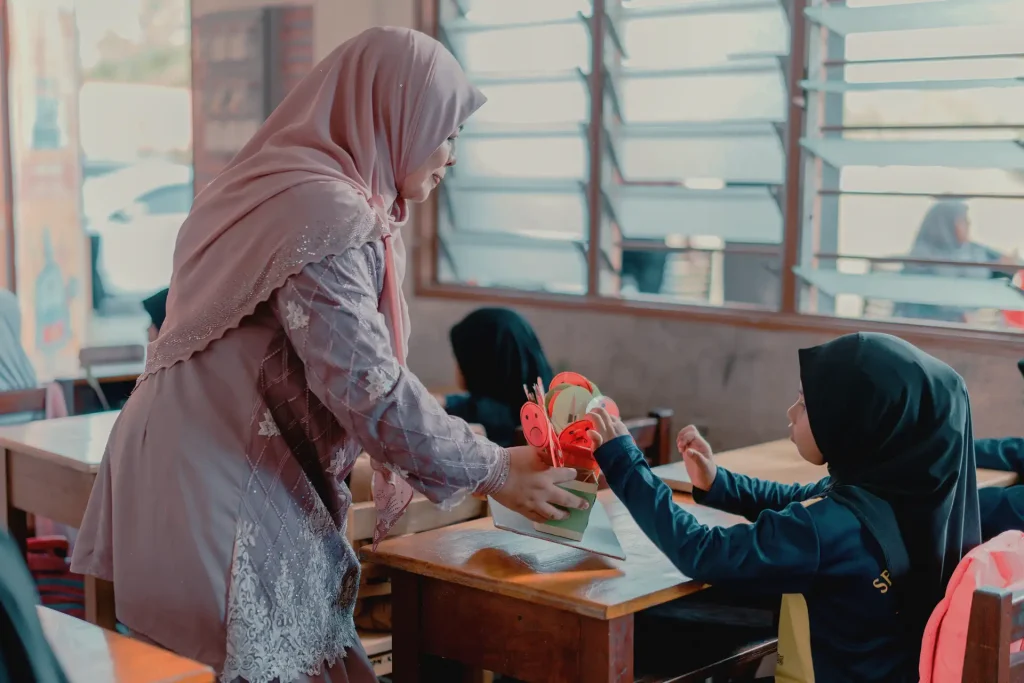
Breaking Taboos: Teachers Lead Kelantan’s Sexuality Education Revolution

Keeping A Traditional Dance Alive: An Homage to Kuda Pacu
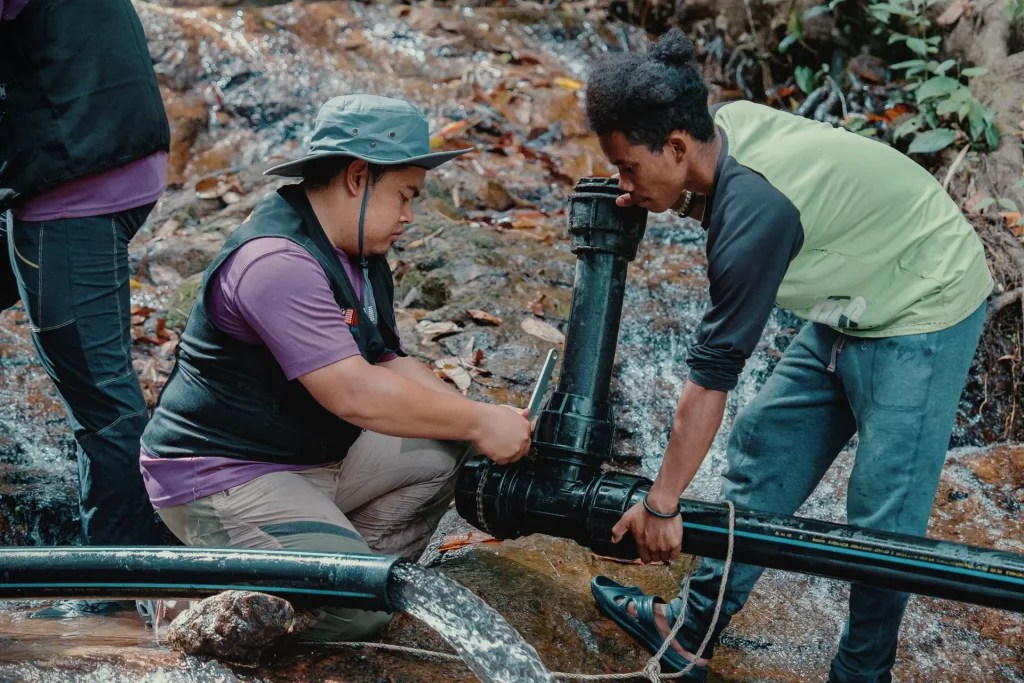
Darkness to Light: Water Access and Solar Power Transforms Perak’s Village
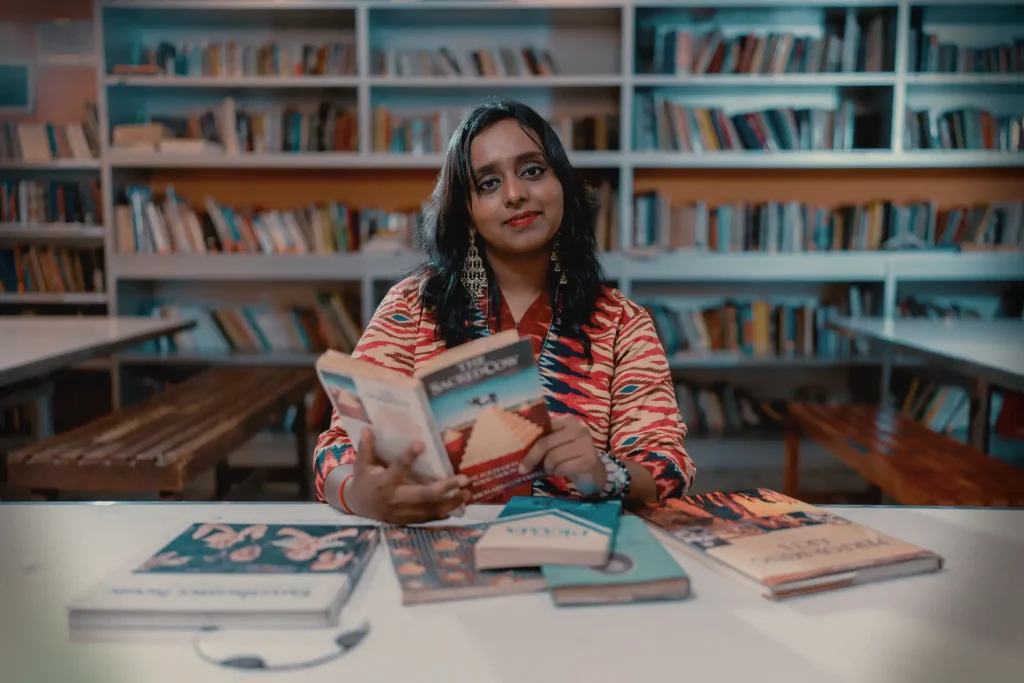
Abbernaa: From Classical Dance to Policy Research
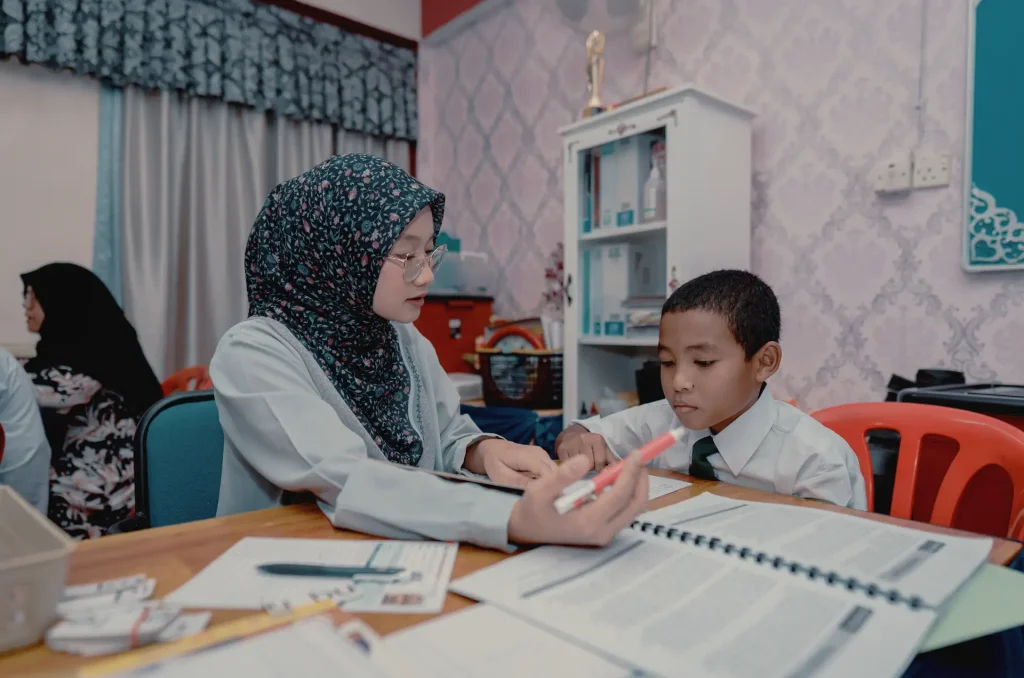
JomBaca: Driving Learning Recovery, Reigniting Dreams for Our Children
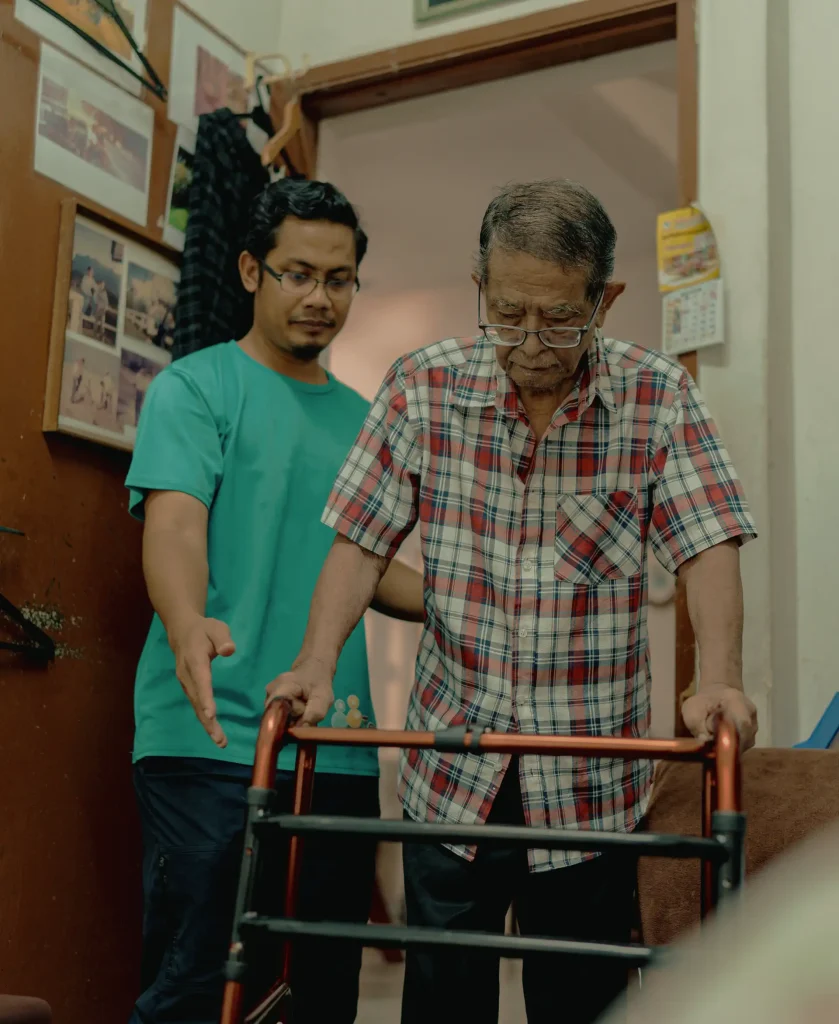
Teman: Fighting Loneliness in an Aging Malaysia
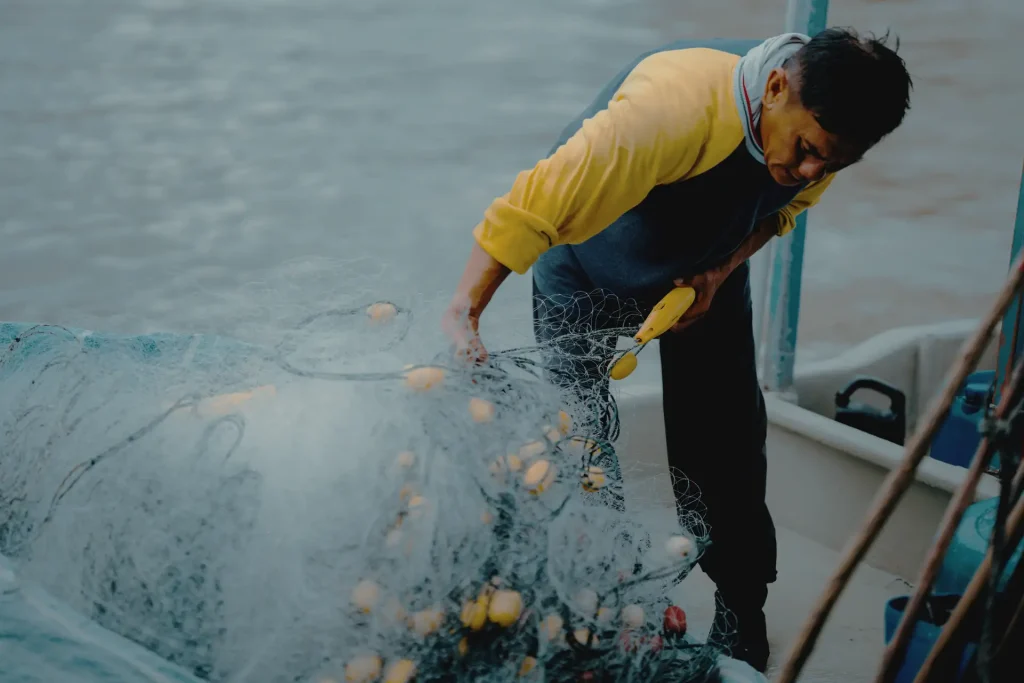
Net Positive: Fishers Protecting Marine Mammals
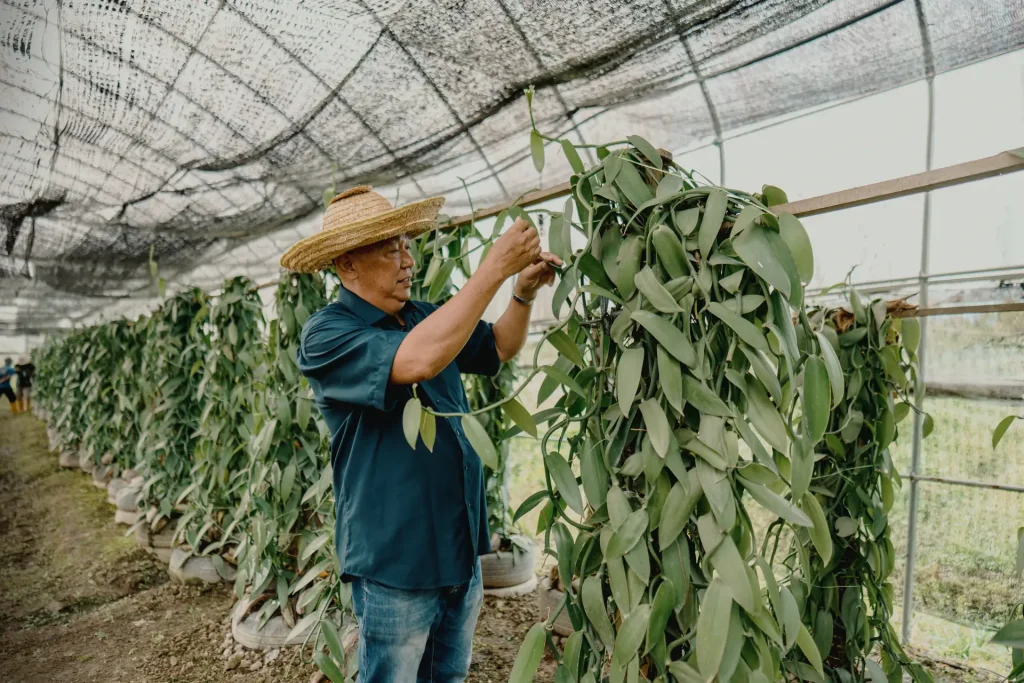
Vanilla Impact: Uncle Alfred’s Mission in Reviving Spice
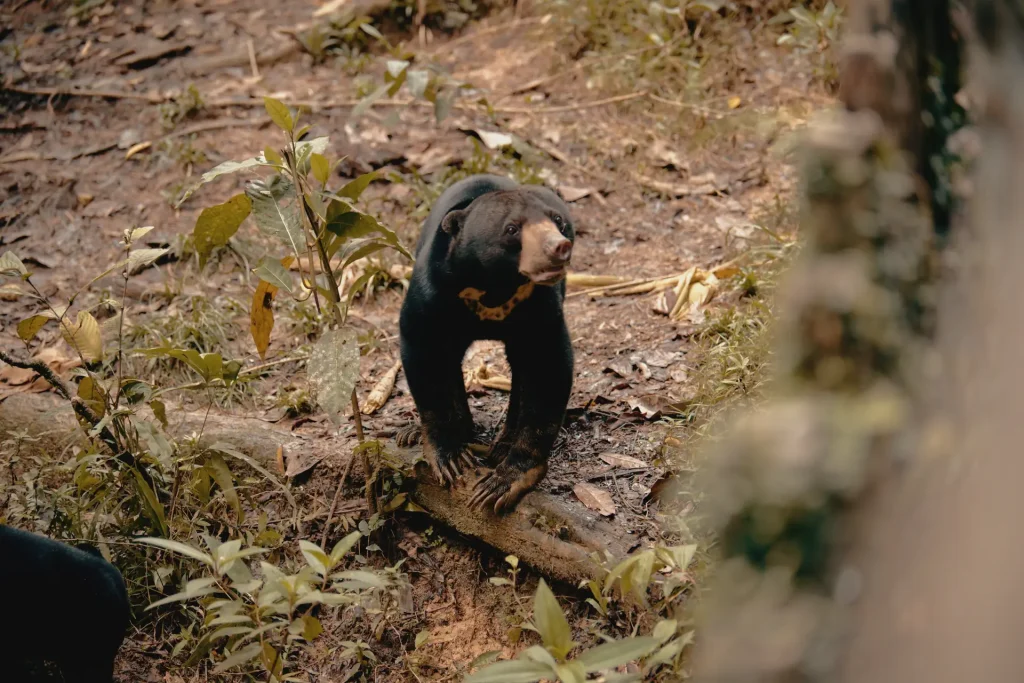
The Mission to Save our Bornean Sun Bear